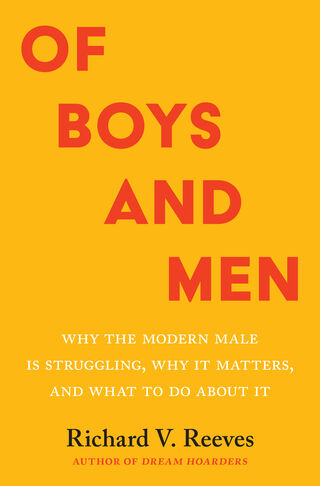Gender
Is Racial and Gender Equality a Utopia or Reality?
Personal Perspective: In search of a new identity in a world of change.
Posted September 28, 2022 Reviewed by Vanessa Lancaster
Key points
- Racial and gender equality are key elements to making progress in a country torn by polarization.
- Old modes of masculinity, such as taking the form of the family breadwinner, are outdated but have not been replaced with a new role.
- The education system needs an overhaul to address gender equity.
The biting Mississippi wind off the banks of the mighty river of the same name left marks on my cheeks as I peered over the water that has carried more commerce in U.S. history than I claim to know.
Staying atop the state’s oldest saloon in a guesthouse aptly named the Mark Twain Guesthouse in mid-February, I considered the profound nature of the Deep South and the people who lived there.
Months later, at a bookstore in Virginia–just paces away from the site of the 2017 Neo-Nazi riots protesting the dismantling of Civil War statues in Charlottesville, I happened upon a book by Clint Smith, a native to the New Orleans we had left prior to our guesthouse visit, entitled How the Word Is Passed: A Reckoning With the History of Slavery Across America.
Despite the late-summer warmth, I could somehow feel the piercing wind from earlier that year racing through my bones. I sensed that the United States is in deep crisis.
Racial justice issues are complex, especially for a nation such as the United States that has a bifurcated view of how its history unfolded. To some, it is a nation of immigrants, offering a chance for freedom for anyone who seeks shelter from persecution. To others, it is a nation built on the backs of enslaved Africans who afforded wealth to privileged white landowners while stealing property from the Native Americans.
It is not a comfortable perspective, often relegated to a few pages in middle-school history books. And then there is the matter of current statistics. According to a recent report, one in 81 black adults in the United States is serving time in state prison. According to the Federal Bureau of Prisons, over 93 percent of those inmates are men.

It’s not just a matter of race afflicting the country but also gender. Richard Reeves‘ new release Of Boys and Men: Why the Modern Male is Struggling, Why It Matters, and What to Do About It intrigued me for the author’s perspective on a subject that is often uncomfortable to address. The danger is real that dedicating attention to men’s issues will somehow detract from women’s issues.
This is a short-sighted view, which leads to more bifurcation and polarization. Reeves concedes that girls and women have had to battle misogyny from external forces while boys and men, he states, are struggling to find their place in the world and lack intrinsic motivation to do so.
The education system, he argues, puts boys at a disadvantage. He radically suggests that boys should start school a full year later than girls so they can keep pace with them cognitively.
The switch from a mindset of equality to one of equity has been powerful in considerations of racial justice, especially in the U.S. But there are gender implications here too. An equitable education system, for example, will be one that recognizes natural sex differences, especially the fact that boys are a developmental disadvantage to girls at critical points in their schooling.
The patriarchy, which has informed such institutions as slavery and women’s lack of voting rights, has stifled male progress as well, Reeves claims. Through men’s "tightly prescribed roles and oppressive (societal) expectations," men are placed in a straight jacket, unable to move beyond the boundaries set before them.
He makes a case that the women’s movement has not caused the fragility of men’s identity today but rather has exposed it. In other words, men are in trouble, and the question is how they can be helped.
First and foremost, men’s societal roles need to be redefined, giving them a solid social anchor or what David Morgan calls "ontological security." Old modes of masculinity, such as taking the form of the family breadwinner, have been outdated but not replaced with a new role.
Second, consider education reform to address the needs of both sets of the school population.
Third, take a collaborative approach. Instead of pathologizing men, realize their struggle to keep pace in a world that has changed without them.
The author suggests that men and women rise together. Raising men does not mean displacing or oppressing women. It means lifting all boats in the water instead of just our own. Whether on the Mississippi or elsewhere, the winds of change are upon us. It is our job to make certain we work toward progress for a better world for us all.




